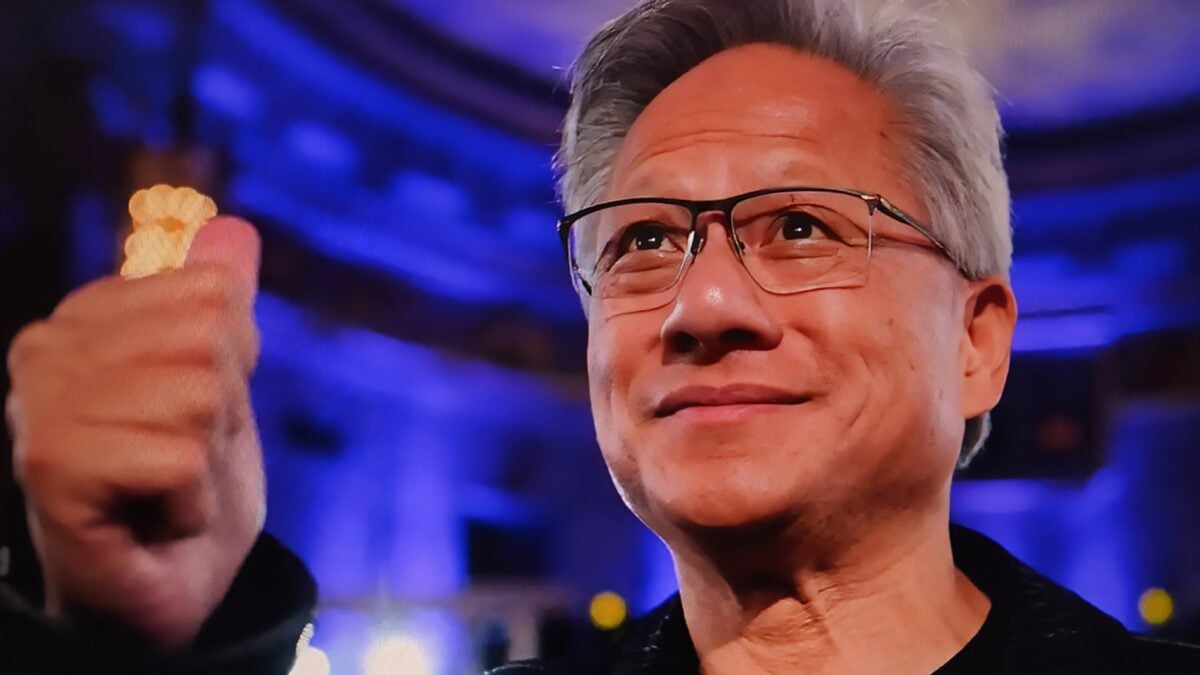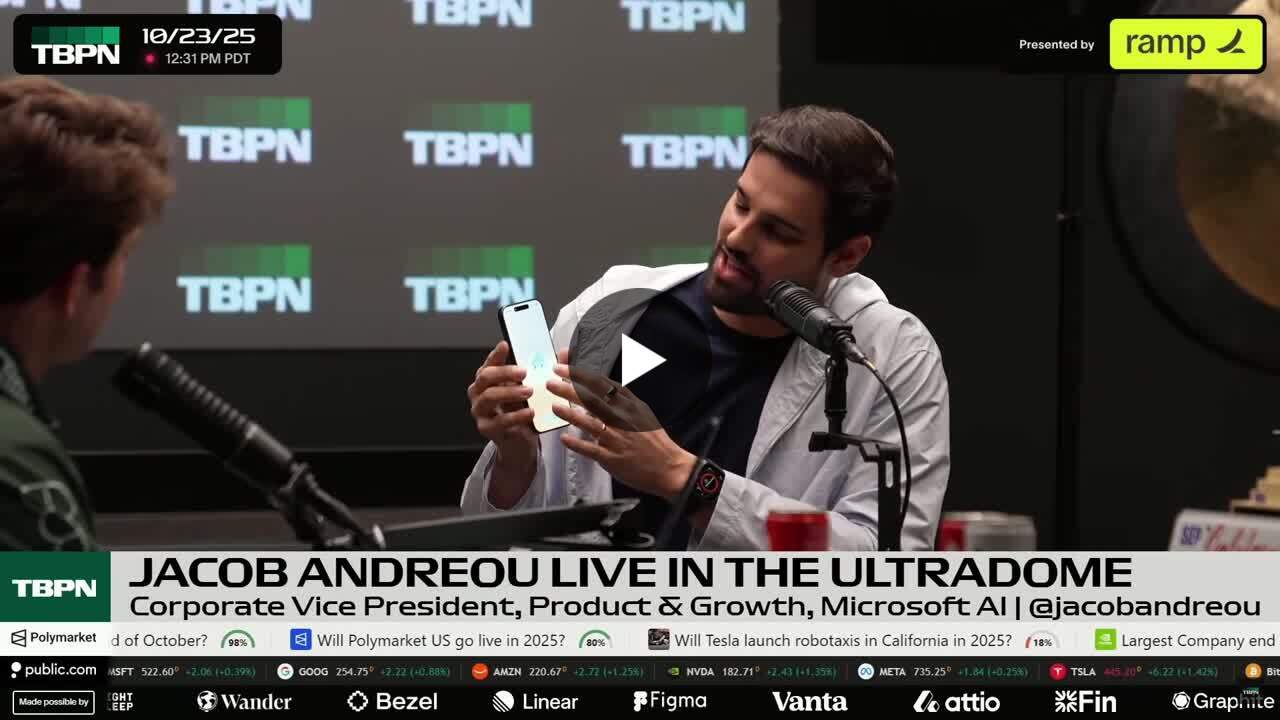Introduction to Nvidia’s GTC Conference
Nvidia’s inaugural GTC conference in Washington D.C., dubbed the "Super Bowl of AI," brought together government officials and tech industry leaders under one roof. This rare occasion provided tech executives with the opportunity to advocate for industry-friendly policies directly to the government. Nvidia CEO Jensen Huang was the first to seize this opportunity, emphasizing the importance of adopting AI technology aggressively in the United States.
Advocating for AI Adoption
Huang stressed that America needs to be at the forefront of AI adoption, surpassing all other countries. He believes that regulation and fear-mongering are not viable solutions, instead advocating for the encouragement of every company and student to utilize AI. During his crowd-facing time, Huang echoed Trump administration talking points, focusing on bringing back manufacturing and praising the President. He also made a case for normalizing trade ties with China, highlighting the benefits of American technology being available in China to win over developers.
Normalizing Trade Ties with China
Huang argued that a policy causing America to lose access to half of the world’s AI developers would be detrimental in the long term, ultimately hurting the United States more than China. He also pointed out that China’s significant contribution to open-source software means that a complete retreat by Americans could leave them ill-prepared for the eventual permeation of Chinese software worldwide.
Impact of the U.S.-China Trade War
The U.S.-China trade war has significantly impacted the global economy, with the tech industry at the forefront. Nvidia has been particularly affected, with the Biden administration initially enforcing export restrictions on Nvidia’s chip sales to China due to national security concerns and competitive fears. The restrictions were later tightened under Trump after China’s DeepSeek R1 model rivaled American AI offerings using lower-cost chips.
Relaxation of Export Restrictions
Following a notable lobbying effort by Huang, Trump relaxed the export restrictions in July but demanded a 15% cut from China sales in return. However, Huang revealed that there is no signed document for this arrangement, and the administration is still working on it. Meanwhile, China has taken a hard stance on Nvidia, discouraging local industry titans from purchasing Nvidia chips.
China’s Decoupling from American Tech
The reason behind China’s stance may be its decision to decouple its AI industry from American tech. Currently, the Chinese AI industry relies heavily on American chipmakers like Nvidia, giving the United States an edge. However, if China develops its own high-tech chips that can rival or surpass Nvidia’s, the United States may lose its hold on the global chips market.
Consequences for Nvidia
After Trump’s blanket ban earlier this year, Chinese chip development accelerated, and China chip stocks are now experiencing a significant boom. Nvidia executives conceded that they are facing disappointing numbers from the region due to the delayed shipment of H20 chips. Huang is working to turn these numbers around, and his efforts include building seven giant AI supercomputers for the Department of Energy.
Future Trade Agreements
Secretary of Energy Chris Wright expressed optimism about a potential trade agreement between the two global superpowers. Trump is currently in South Korea, where he is scheduled to meet Chinese President Xi Jinping, and Huang is flying out to meet the President, sparking speculation about potential announcements. While Huang refused to comment on whether he would join the meeting, he hinted at having "a lot of announcements to make" in South Korea.
[ad_2]Source Link



